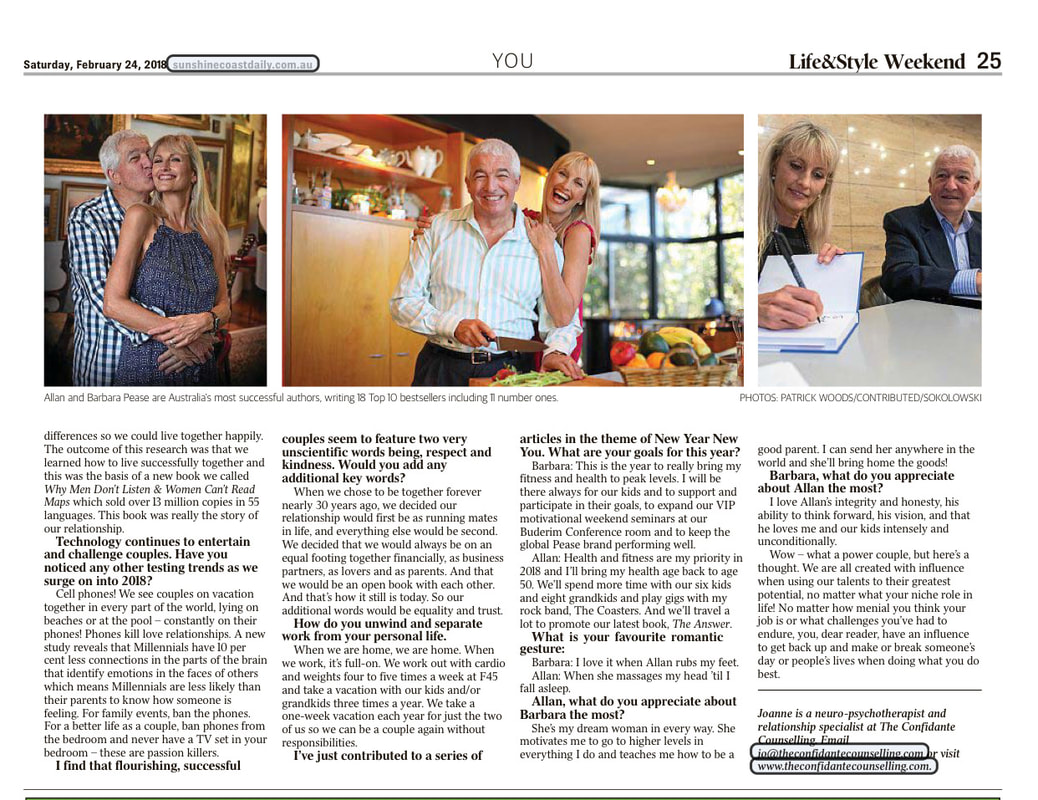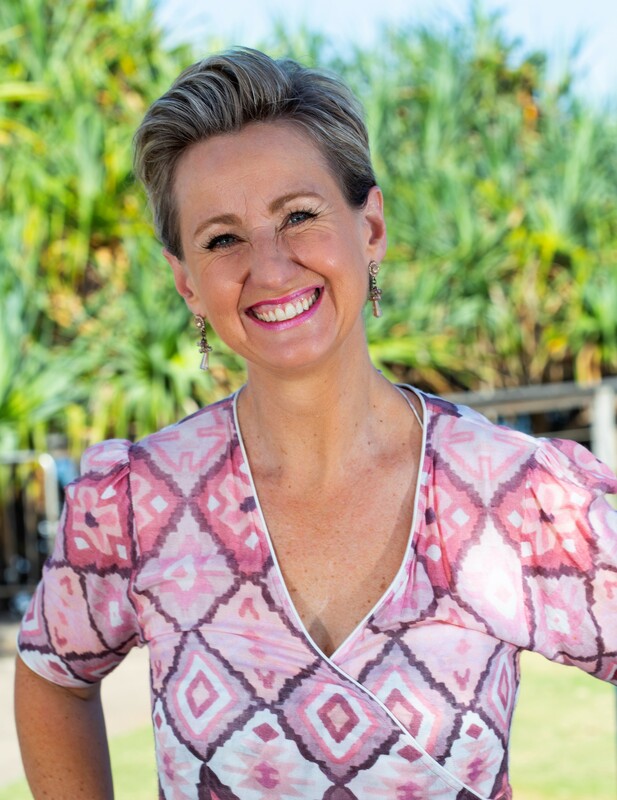 Only those who trust, can find love and happiness. And only those who love, can be betrayed. Welcome to the final article of my four-part series on infidelity which featured:
The effect of an affair can be similar to the grief associated with death. It’s important to realise the common repercussions for both partners:
It is not catastrophising to note that discovering an affair creates a crisis! It is a devastating threat to your partner’s security and attachment needs. Consider the extreme emotional adversity and vulnerability from isolation and separation in the events of miscarriage, death, and life-threatening illnesses. This is not dissimilar. What now? Like many of these extreme events, couples can recover when there is demonstrated commitment toward remorse and forgiveness. It usually commences with understanding who the betrayer sought to “become” and what needs they yearned to fulfil? A usual pitfall for couples in recovery is for the betrayer to downplay what has happened in their efforts to repress any shame and guilt. This causes the injured partner to repeat questions and concerns all again with more fervour. It creates a painful cycle that traps them in isolation and pain. Some of the demonstrated commitment includes acknowledgement that a primary relationship rule has been broken. A focus on transparency, patience, reassurance and validation to repair the broken trust is required. It can take up to three years for trust to be re-established. In therapy, we collaborate on skills to manage flash-backs, obsessions and triggers and talk about the difference between reconciliation and forgiveness. Importantly, affair recovery recognises the needs of both partners, their longings and desires versus repeated shame for the betrayer. The greatest outcome is that couples build a stronger, shiny new and improved city of a relationship, far better than the one that was rocked in the earthquake of the affair. If couples decide to part, it is so important to unveil any resulting skewed beliefs about themselves or trusting others that can inhibit future relationships. May I highlight that it’s so fun to get fun and flirty in the Christmas season. It is my hope that this series has provided a warning as to the consequences when you’re doing it with the wrong person! Missed the first part of the series? Head to the blog on my website. Listen in to radio Salt 106.5 each Friday morning before 9am for my weekly chat on these articles. Joanne Wilson is the weekly columnist for the Sunshine Coast Daily Weekend magazine, weekly radio guest, professional relationship counsellor and certified clinical neuropsychotherapy practitioner of TheConfidante Counselling. She is based on the Sunshine Coast, Queensland - Australia. You can contact her at: www.theconfidantecounselling.com or email HERE.  Lonely this Festive Season? There’s likely something quite right with you! Ever felt like the party is pumping and you’re watching alone and sad with your nose pressed up against the window from outside? We’ve ALL been there at some time and cried those uninvited or isolated tears. As it turns out, loneliness is not a flaw but a symptom of being inherently created to be connected. If you’re lonely, there’s nothing wrong with you, it’s because of something that is right. This discomfort alerts you to engage with others to get healthy, be known, be loved and befriend others. This is how you’re designed! Why should you do something about it? Lack of meaningful relationships can lead to ill health as it compromises your immune system and can increase blood pressure. Lonely people react more strongly to stressful situations than those who are not. It even affects your quality of sleep. I would concur with increasing findings that somewhere along the journey of addictive behaviours such as alcohol, drug and gambling abuse; there’s a link to disconnection or rejection. As an extrovert, I’ve learnt to respect the introverts’ need for solitude and quiet rejuvenation. There is however, a difference between being alone and being lonely. I’ve also felt lonely surrounded by people in a crowded room too. Reaching out takes courage to push beyond your internal critical editor within your retreat to be vulnerable, genuine and transparent with others. Life’s roller coaster of highs and lows does not stop during the festive season - and can even amplify. My observation of the causes of loneliness in my Counselling room are:
This New Year, I encourage the lonely and loved to be bold and spirited with my ideas:
If you’re like me, it’s time to halt the busyness, screen distractions to slow down, look around, give and receive emotional attentiveness. If you’re one of the lucky ones surrounded by love, I urge you to be generous with your smile, wave, call or visit. Befriend the unfriendly. Joanne Wilson is a Sunshine Coast professional Counsellor and Neuropsychotherapist. She is the feature relationships columnist for the Sunshine Coast Daily, weekly radio guest for Salt 106.5 and enjoys inspiring the community through guest speaking invitations and producing her own books, Pearls of Wisdom from the Thriving Thirties and The Relationship Rejuvenator E-Book. Contact Jo on 0409 909 933 or jo@theconfidantecounselling.com. It was an honour to have my article published in the Neuropsychotherapy Journal in 2017! I wrote of an amazing client dedicated to beating her illness and overcoming the anxiety she had developed:  TEN TOP SLEEP SOLUTIONS TOWARD SERENITY Waking Up is Hard To Do? Eyes Wide but not SHUT? No idea what you’re now doing out of bed? Your Rise and Shine then more like Hide and Sleep? When you haven't enjoyed a peaceful, quality sleep, your body missed out on restoration; your brain missed out on forming memories, and you increased your risk of depression and hypertension. Besides general mood lowering, irritability, poor memory and fatigue, these can manifest as work absenteeism and worse - accidents. If that isn’t bad enough, lack of sleep has a negative impact on romantic relationships, and new research highlights how poor sleep impacts a couple’s ability to avoid and manage conflict. Ever heard of this marriage therapy gem of an acronym to consider before opening your mouth? “HALT” (Are you hungry, angry, lonely, or tired?). Australian population surveys show that 13%–33% of the adult population often have difficulty either getting to sleep or staying asleep. If you sleep like a baby, chances are you know a few people who aren’t - so feel free to share this! Sleeplessness amongst clients is certainly a common theme at TheConfidante Counselling. I’m the first to advocate an awesome eight hour sleep. Reality is, for most that’s just a pipe dream! So Dare to Dream! Click on "Read More" for TEN TOP SLEEP SOLUTIONS TOWARD SERENITY =>  TEN MEANINGFUL QUESTIONS TO ASK YOURSELF The reality of the “happily ever after” dream reinforced by our society, does not materialise for many, or can break down unexpectedly at a later stage in life. These unfulfilled expectations can leave us feeling like a failure, lonely, different and rejected. You may feel isolated with a sense of having “missed the boat”. Furthermore, you can experience :
The aim of this article is to help those who are struggling to ‘be on their own’ without any sense of meaning. My desire is for you to further explore your own personal feelings, values and needs. It is never too late to think about ways in which life could become more rewarding and fulfilling. For each of us, being on our own will hold unique and personal meaning related to our own life stories and experiences and these can change with time and circumstances. Here are 10 important questions to ask yourself: 1. Do I really have to be in a partnership to be happy? Being single is not a synonym for loneliness, lack of social life, fun or fulfilling and meaningful relationships. 2. What would a relationship give me? Assuming a significant other will help heal past wounds or your reach your life expectations - is worth questioning. What needs are not being met now that you can work on yourself? 3. What unhealthy beliefs are inhibiting me? Based on our up-bringing and experiences, we each have our own ideas and dreams about how long term relationships will start. Let go of rigid expectations about methods of meeting people. How have you come to those beliefs and are they inflexible? 4. What do I tell myself? With around 10,000 thoughts per day, it’s worth analysing our self-talk. What inspiring and uplifting statements are you telling yourself? Maybe you have a sense of not having anything worthwhile to offer? 5. How do I feel about my body? Are you comfortable in your own skin? Do you have the motivation to stay fit and healthy whilst you may have additional time to do it? Are you obsessive about your shape and size? Can you enjoy your uniquely created body? If not, what can you do about it today? 6. Do I feel awkward socially? Does the thought of making ‘chit-chat’, polite conversation, or being in social situations give you sweaty palms or just yawn? Is it time to change this outlook? 7. Is work all I have? List all the activities you do that provide you with an opportunity to meet people, socialise and add to the sense of wellbeing in your life. Not too many? Why? 8. What’s my personal experience and history of friendships and relationships? As a product of our upbringing and past experiences - was your family social and outgoing or reserved? What was your past experience of relationships and friendships? Were you allowed them? Were they encouraged? Were certain relationships encouraged whilst others were frowned upon? Any answers help you make sense of where your struggles are now in making and/or maintaining friendships and relationships? 9. Have I labelled myself as a “single” or “lonely” person? Focus your attention on needs you can currently meet yourself. Reframe your title to one that highlights your incredible attributes. 10. How can I help myself? Anything here inspired some aspects of your thoughts and actions that need change or instilled a desire to take risks? Has this highlighted the need to seek an outside perspective or be safely accompanied through grief. Maybe you just need more tools and strategies to achieving your goals? Contact Joanne Wilson, TheConfidante on 0499991884 or jo@theconfidantecounselling.com |
Joanne WilsonJoanne will be your Confidante, enabling you to speak freely in complete confidence and serenity. An integrated approach tailored to your specific needs will be utilised.
Categories
All
Archives
October 2023
|
Joanne will be your Confidante, enabling you to speak freely in complete confidence and serenity. An integrated approach tailored to your specific needs will be utilized. Approaches such as Psychobiological Approach to Couple's Therapy (PACT), Cognitive Behavioral Therapy, Solution Focused Therapy and Emotionally Focused Therapy may be incorporated.
Joanne WilsonRelationship Specialist for individuals and Couples online around the world and servicing areas for virtual sessions around Australia and servicing many clients in Queensland including Caloundra, Noosa, Noosaville, Buderim, Mountain Creek, Gympie.
|
Quick links |
©
2017-2023 The Confidante Counselling . All Rights Reserved
Web Design by Debbie Navarro



 RSS Feed
RSS Feed









